Our Words Matter
It’s easy to forget the power of our words, yet the words we choose can have a profound impact on those around us. In a world where there are so many forms of communication that spread far and wide via digital media, how can we guide our children to communicate thoughtfully and respectfully and model this ourselves? We’ve all heard the phrase, ‘think before you speak’. No doubt we have all said things at times that we wish we hadn’t as we can’t take our words back and they have caused harm, whether we apologise or not.
Think Before You Speak: The Three Gates
Before speaking, it's helpful to pass our words through the "Three Gates":
- Is it true?
- Is it necessary?
- Is it kind?
Encouraging our children to consider these questions can help them communicate more effectively and compassionately. By thinking before speaking, they can avoid unnecessary conflicts and misunderstandings. In recent weeks, we have spent time working through issues with some students and families, because unkind, cruel or inappropriate comments have been persistent and hurtful. The phrase I heard many times as a child ‘sticks and stones may break my bones, but words will never hurt me’ just is not true.
Rumours can spread like wildfire, causing harm and distress. When young people share opinions, gossip and believe rumours about something they have not seen, or experienced themselves, they often don't realize the damage they can cause. It's important to teach our children the value of honesty and the consequences of spreading false information. This is not the same as speaking up and letting us know if something has happened that does not align with our expectations and values. The earlier we know about something, the earlier we can respond to any issue, involving parents in these important conversations.
There's a fine line between being mean and engaging in bullying or harassment. Meanness might involve hurtful comments, or distancing from peers because our friendship interests no longer align, but when it becomes repetitive and targeted, it crosses into bullying. Bullying and harassment involves unwanted and aggressive behaviour that can be verbal, physical, or online. It's crucial to help our children understand this distinction and be upstanders in not joining in such behaviour and reporting it through appropriate channels.
Students, and parents often don't have the full picture of what is happening or how issues are being addressed through processes at school. They might hear one side of a story and form opinions based on incomplete information. Social media can be a tempting platform to air grievances, but it is never the best place to resolve conflicts. Publicly sharing issues can escalate situations and lead to further misunderstandings. Once something is posted online, it can be difficult to take back, and it may not be accurate or fair. Encourage your children to consider the three gates when posting anything on social media. It’s a mantra that has stood me in good stead over the years, and one I encourage parents to think about too.
As parents, we play a vital role in shaping our children's communication skills. By teaching them to think before they speak, understand the impact of their words, and handle conflicts responsibly, we can help them become more thoughtful and respectful individuals. Let's work together to create a positive and supportive environment for our children.
I wish you all a happy and holy Easter.
Dr Sandra Hewson, Principal


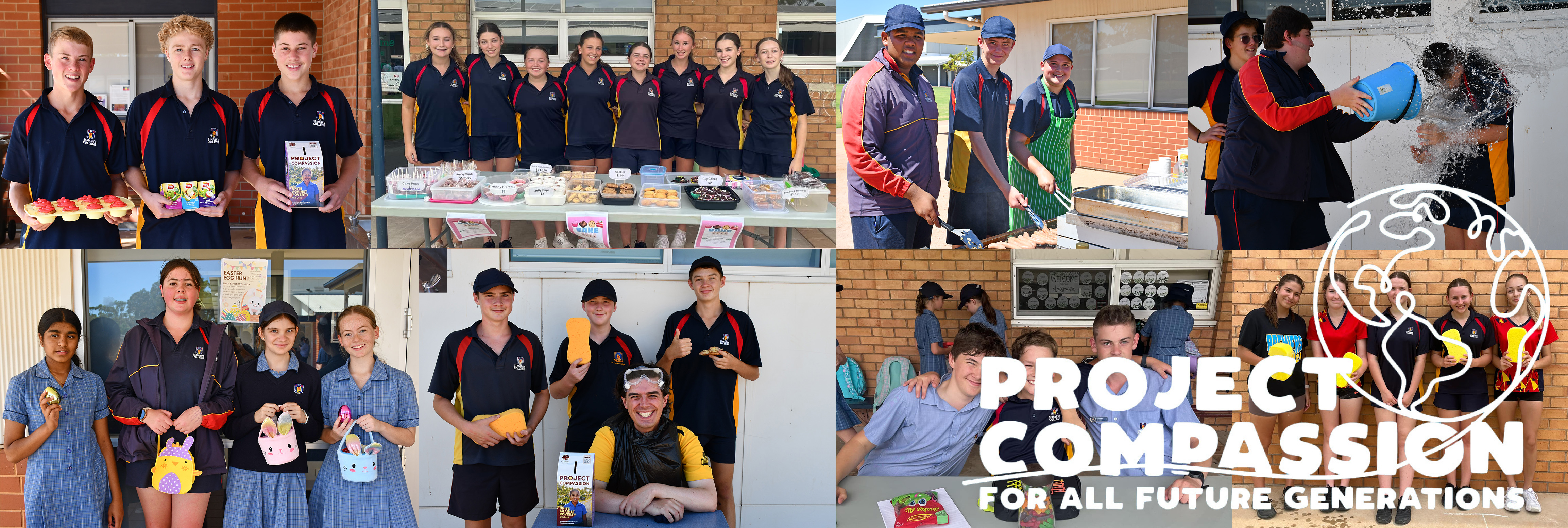



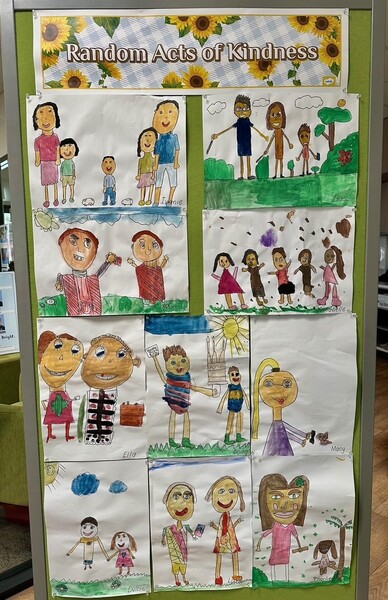

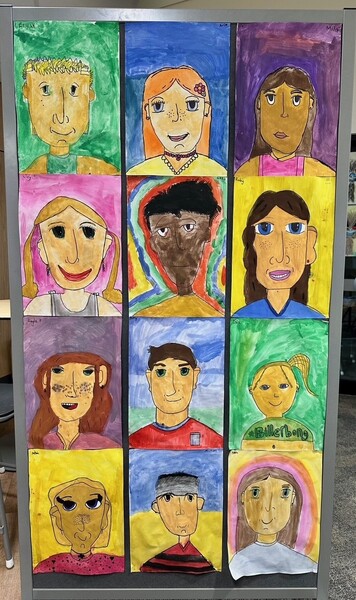


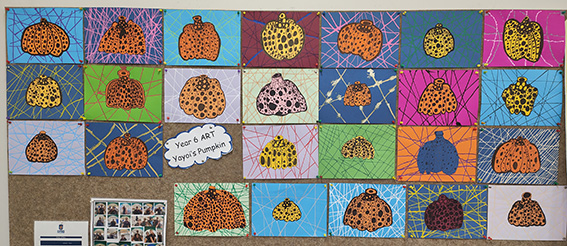
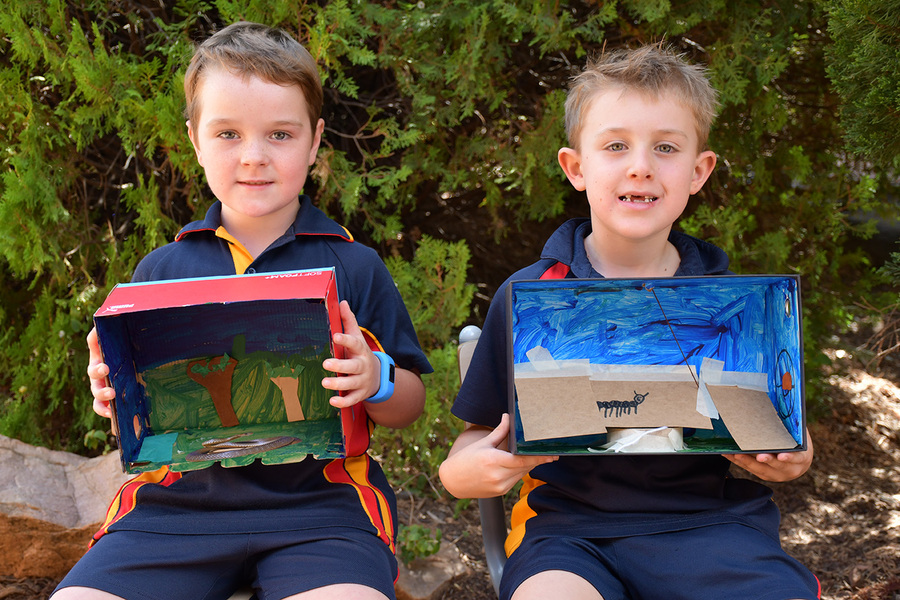
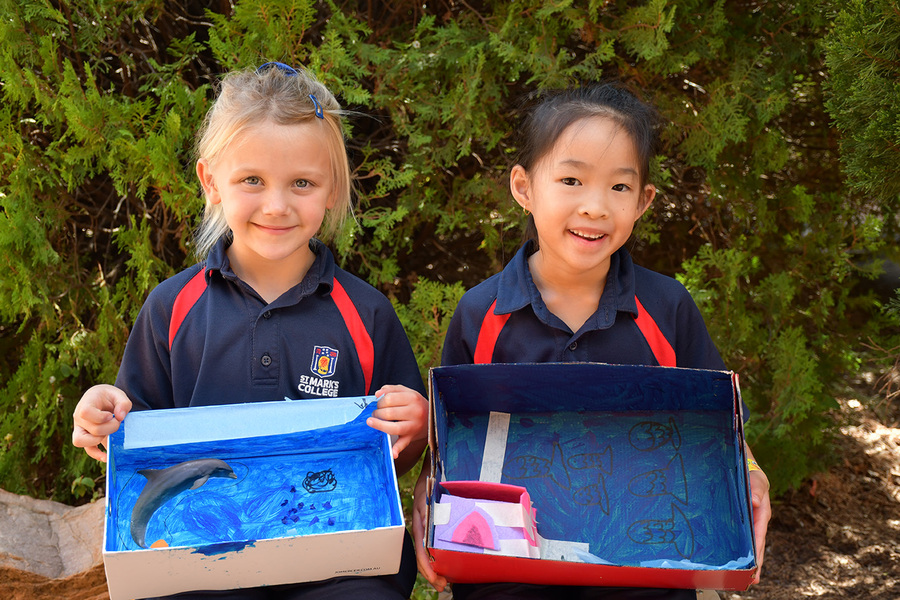
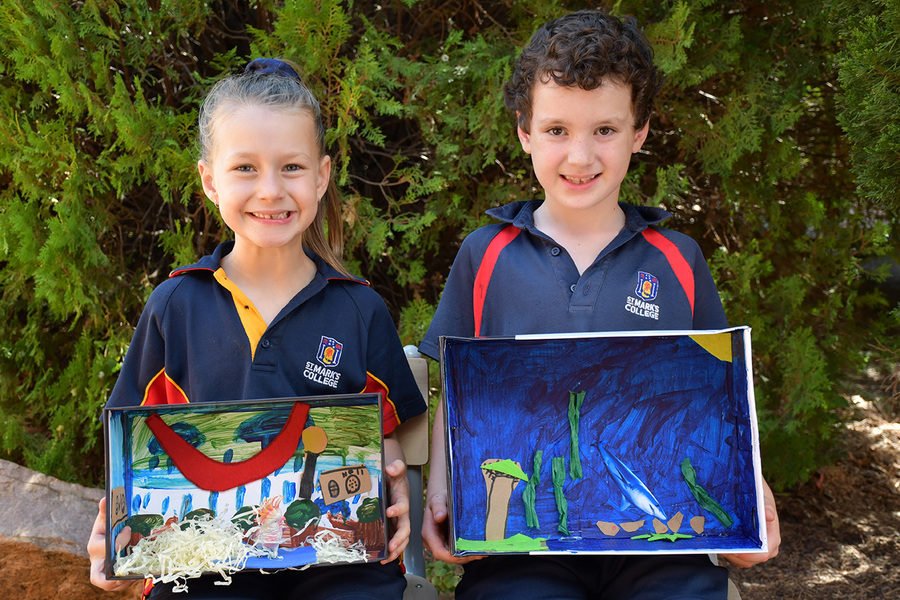
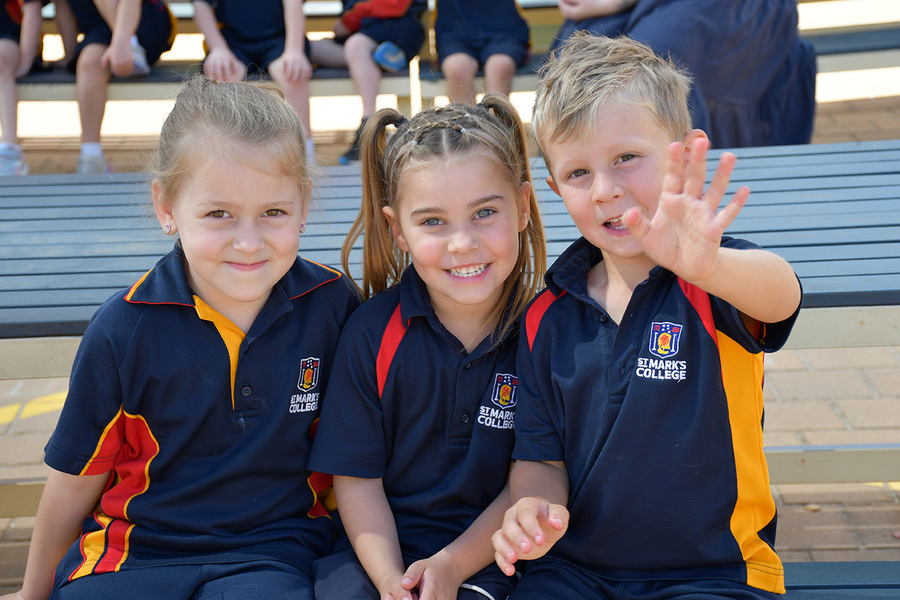
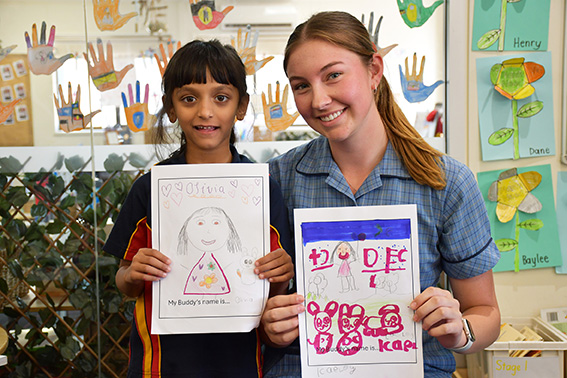
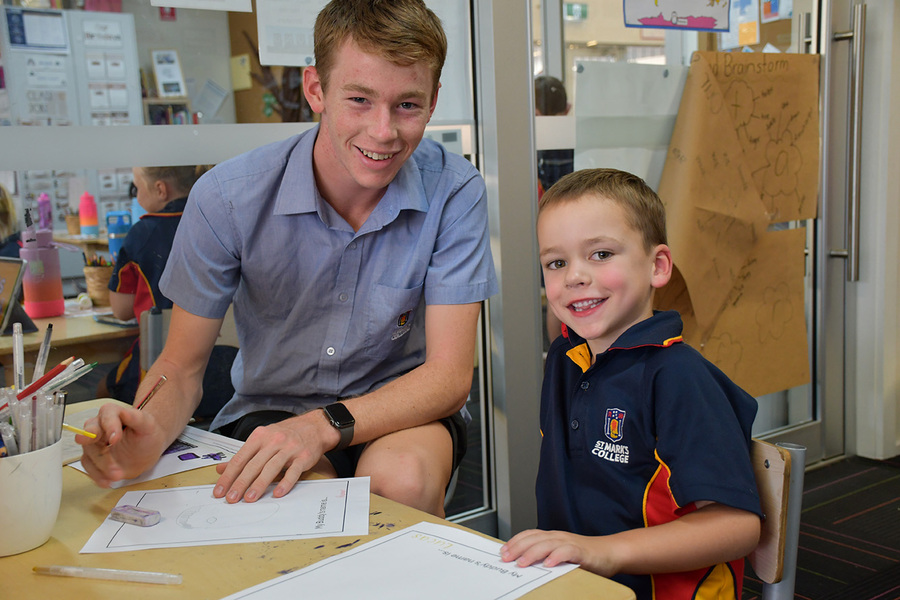
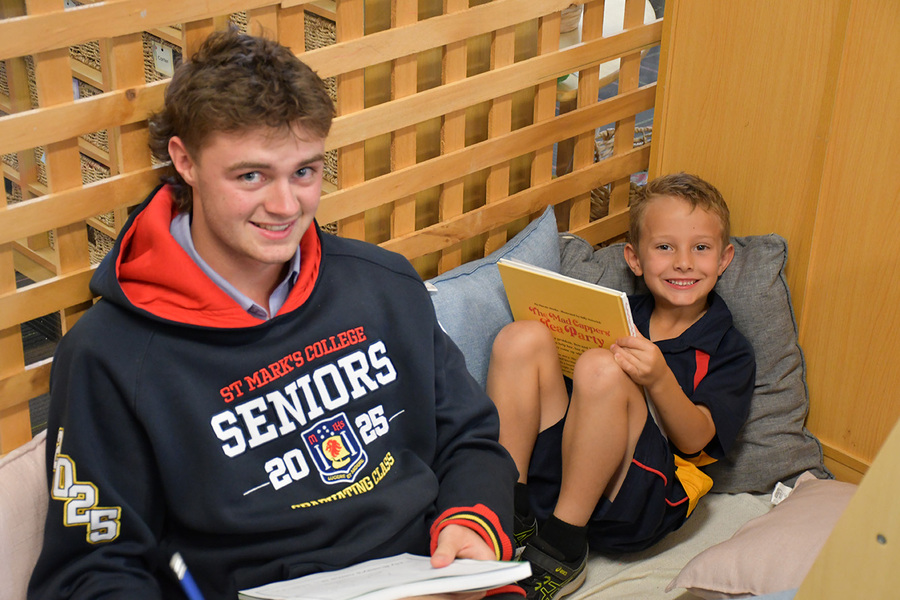
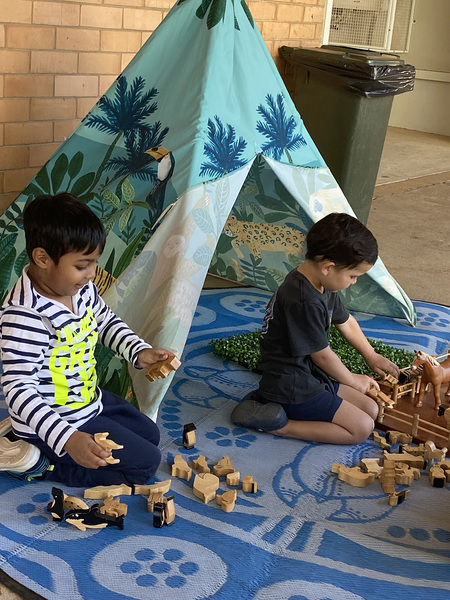
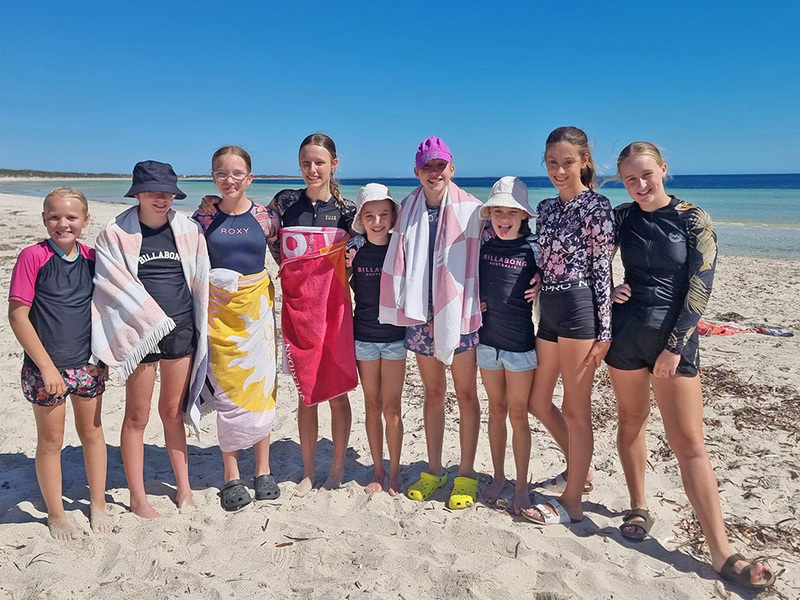
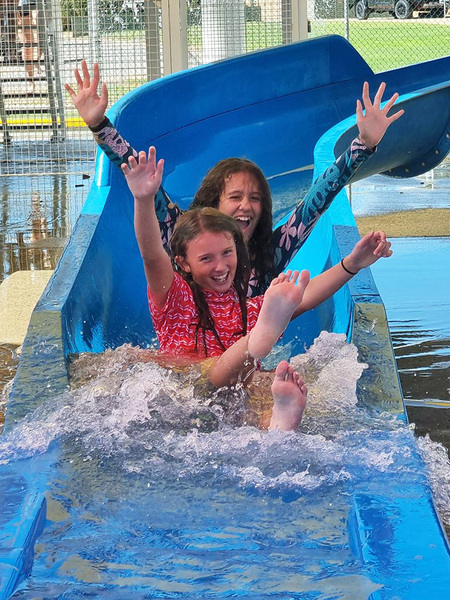
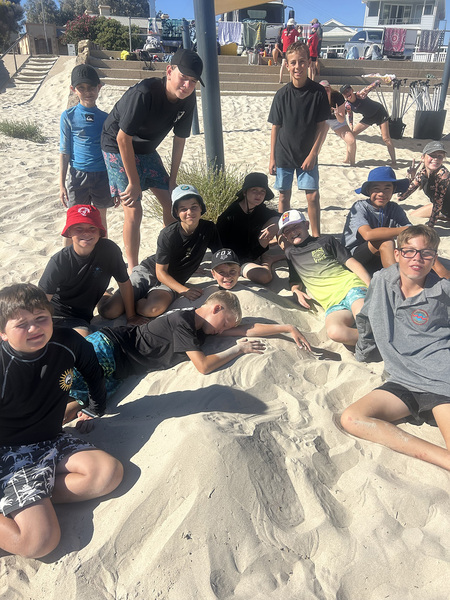
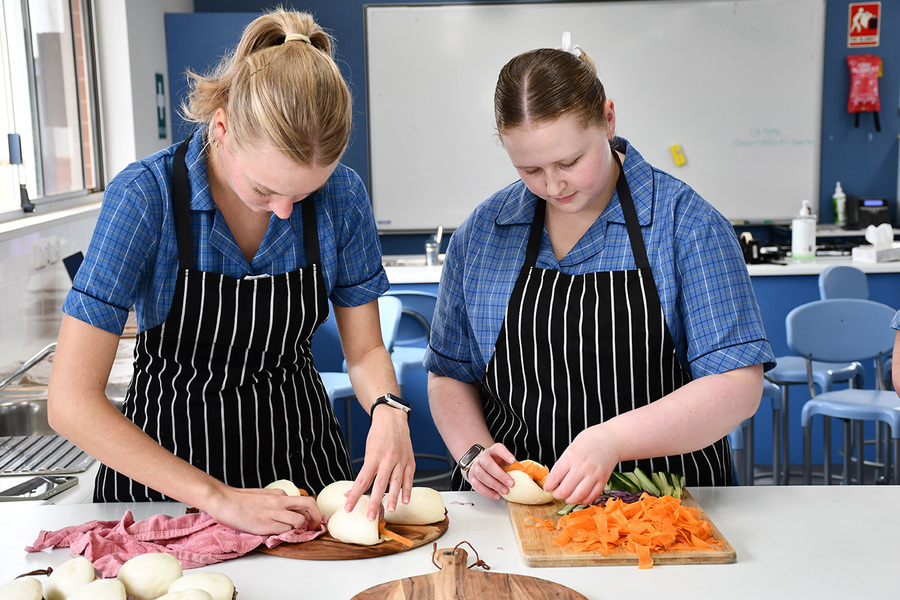
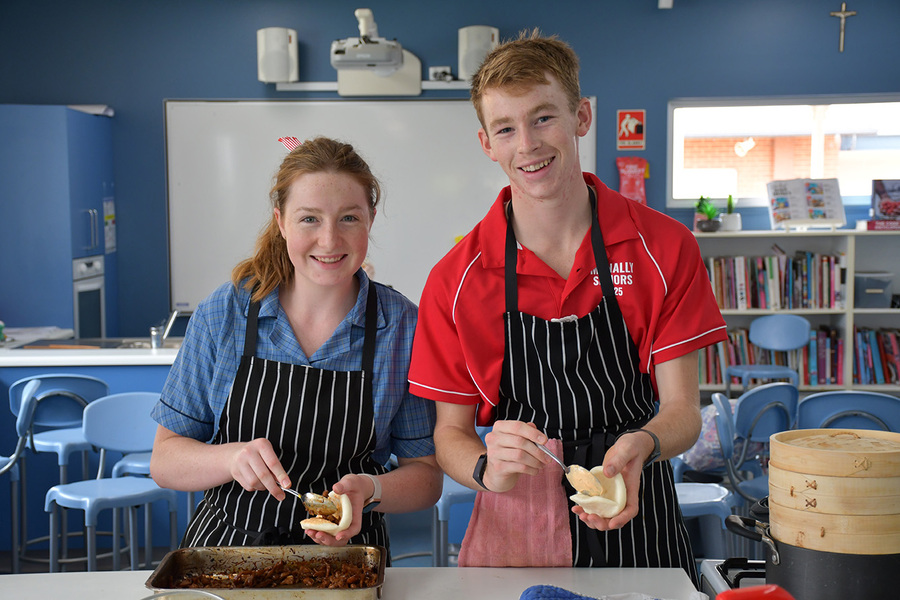
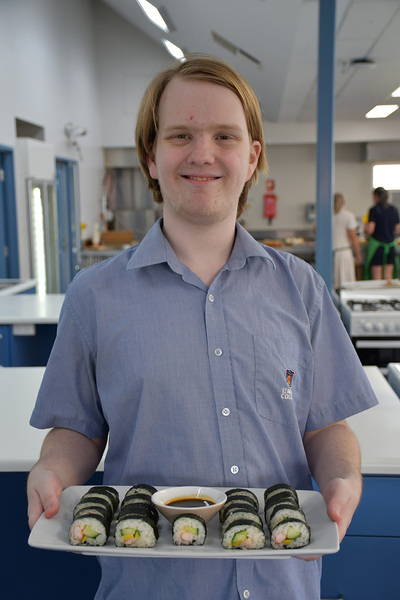
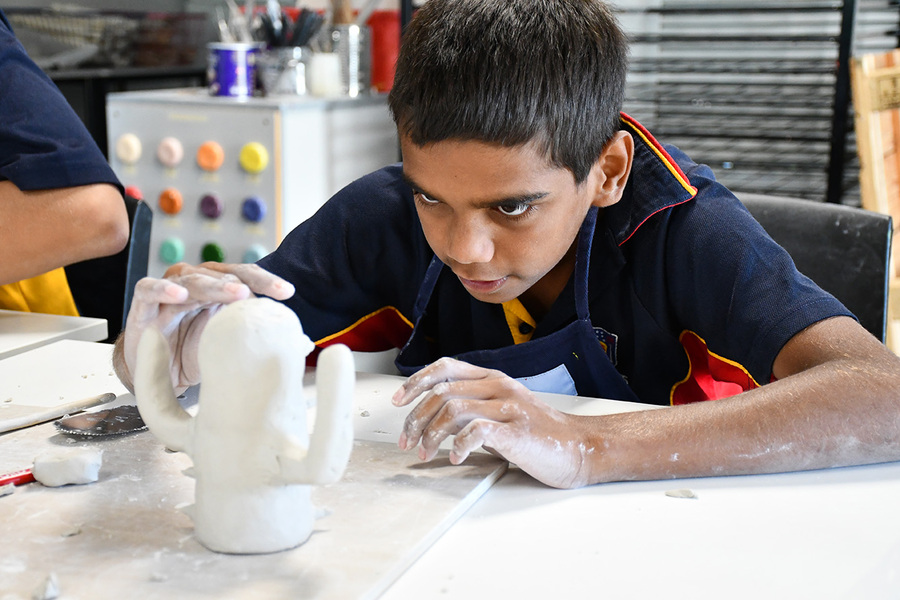
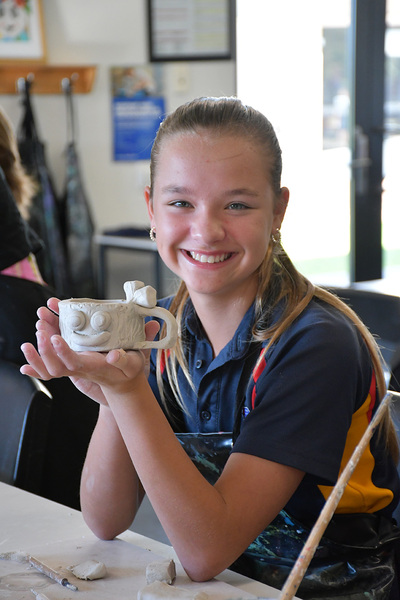

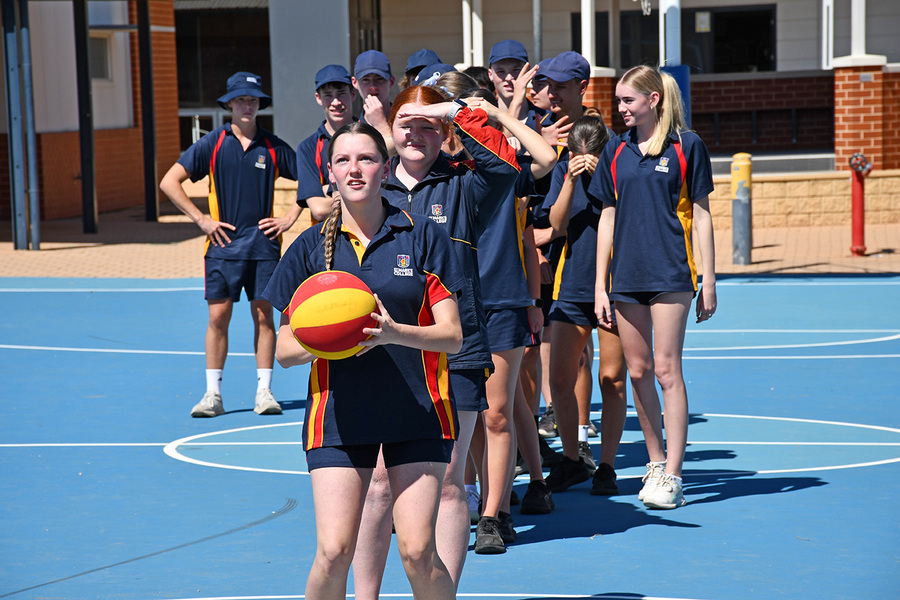
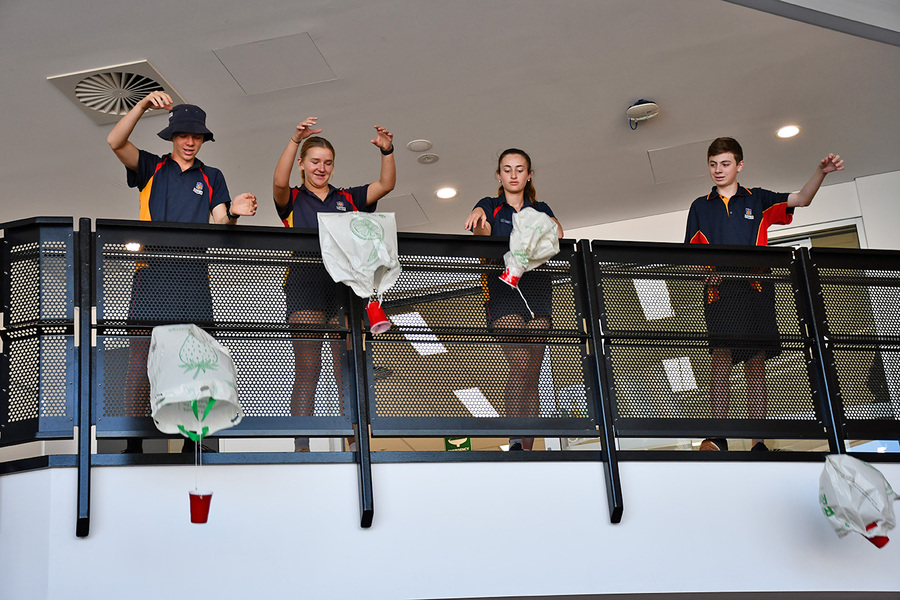
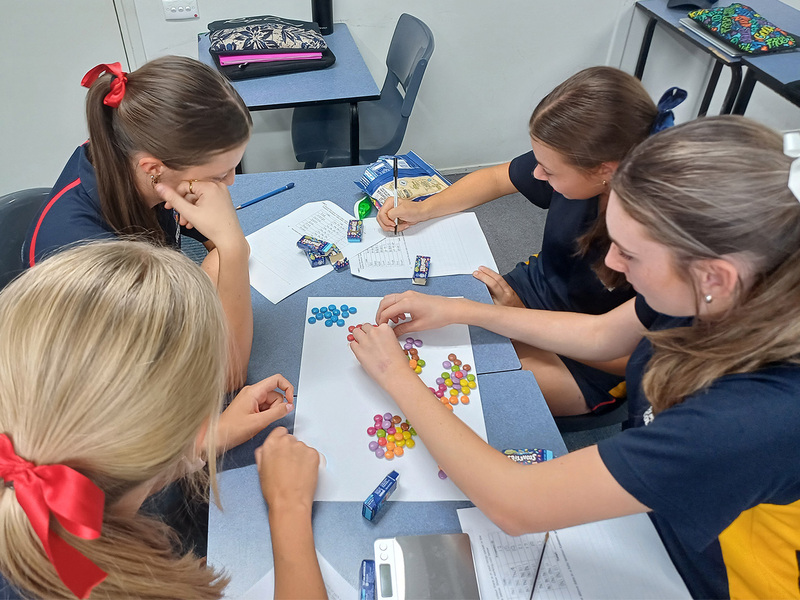



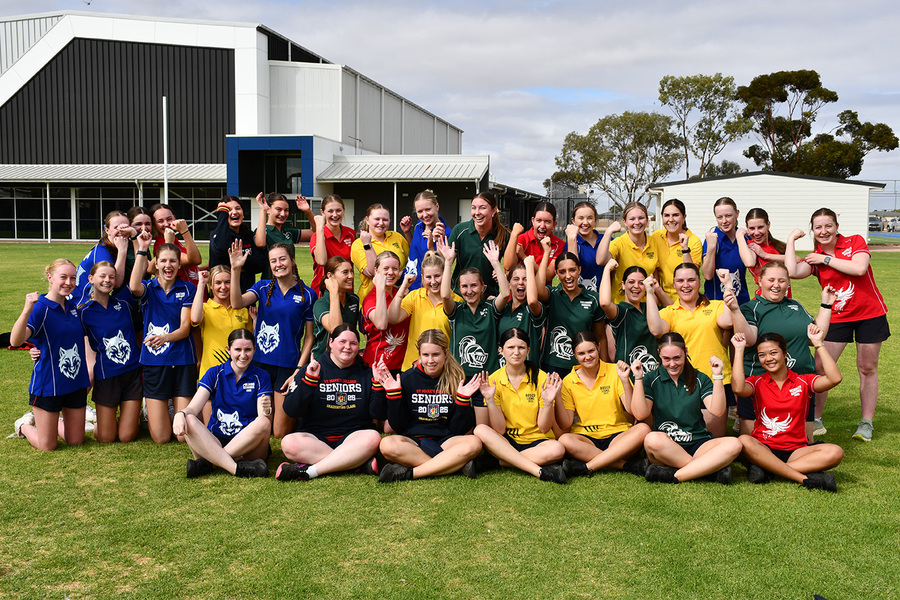
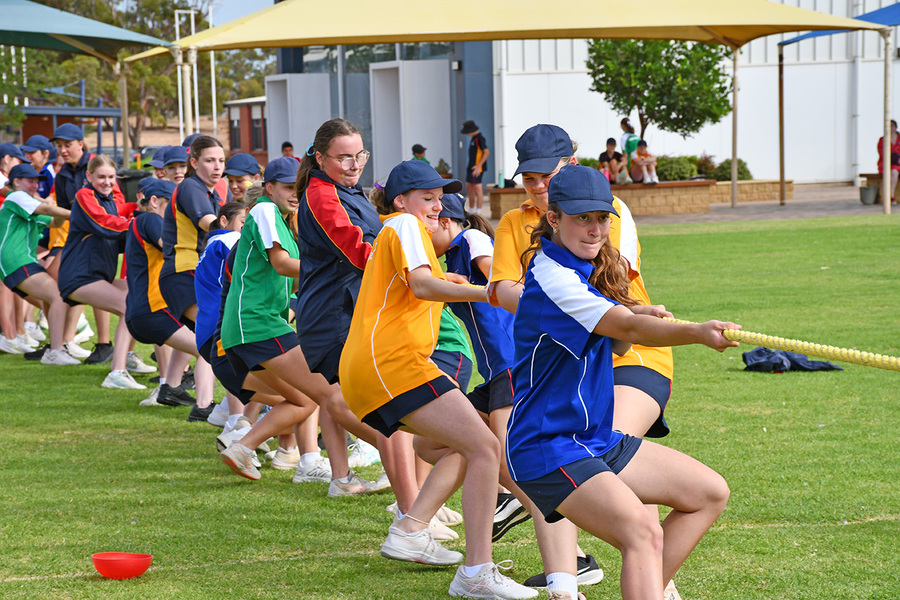
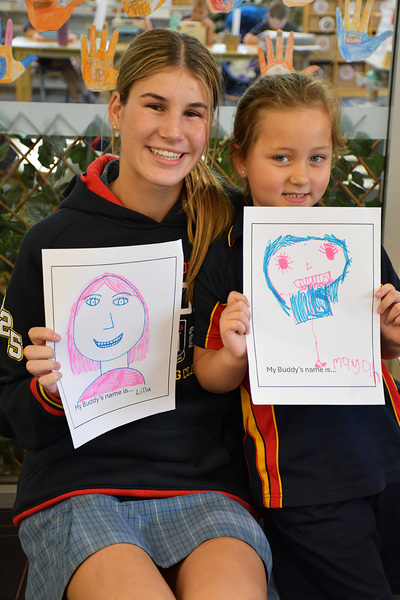
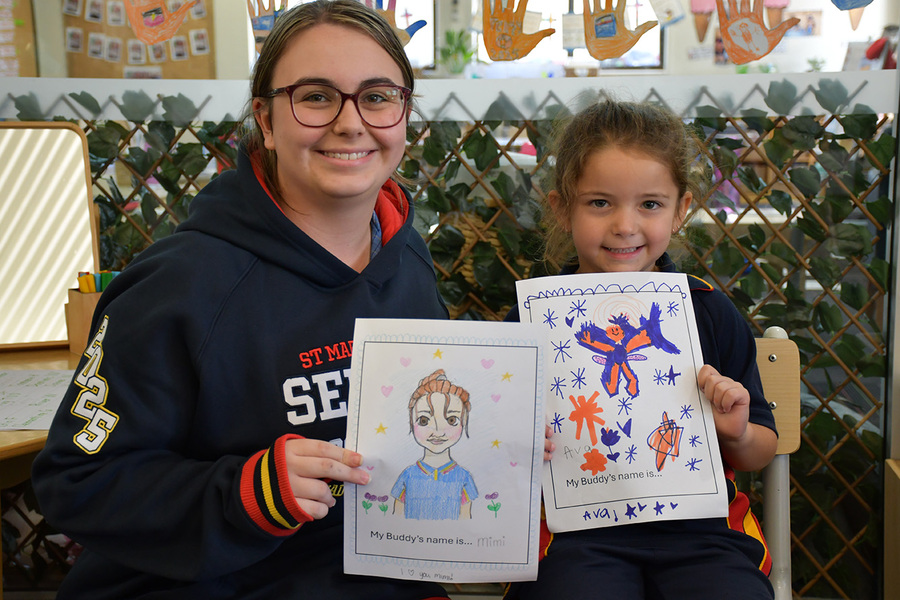
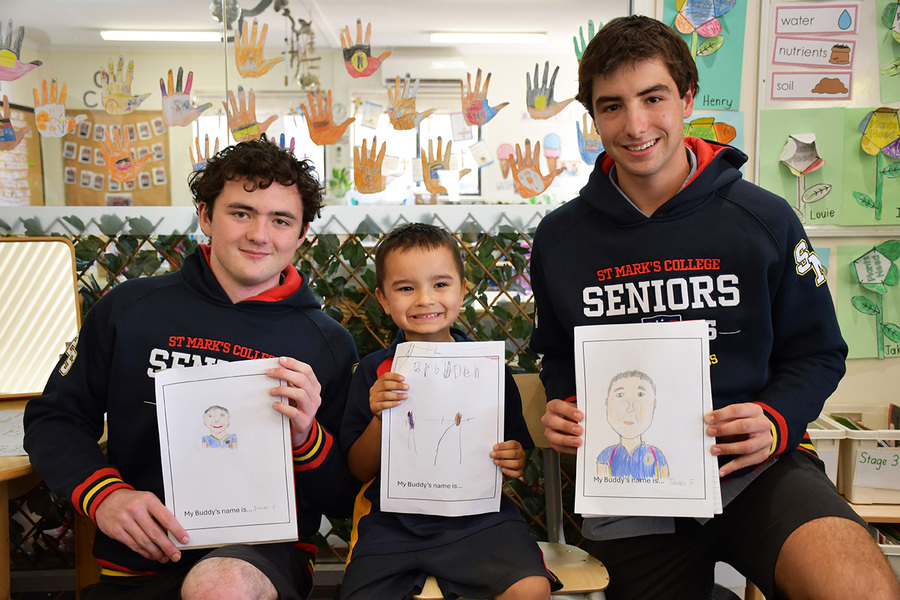


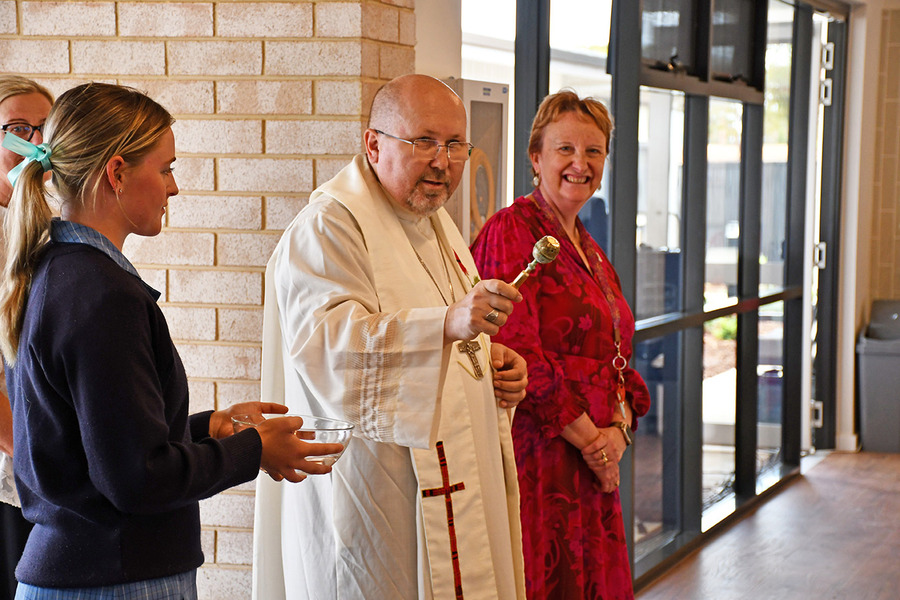
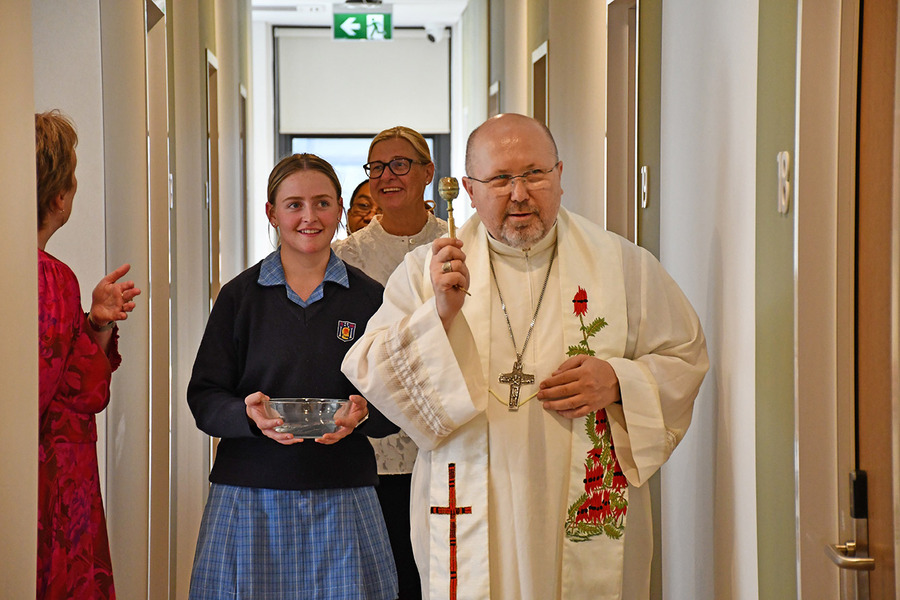
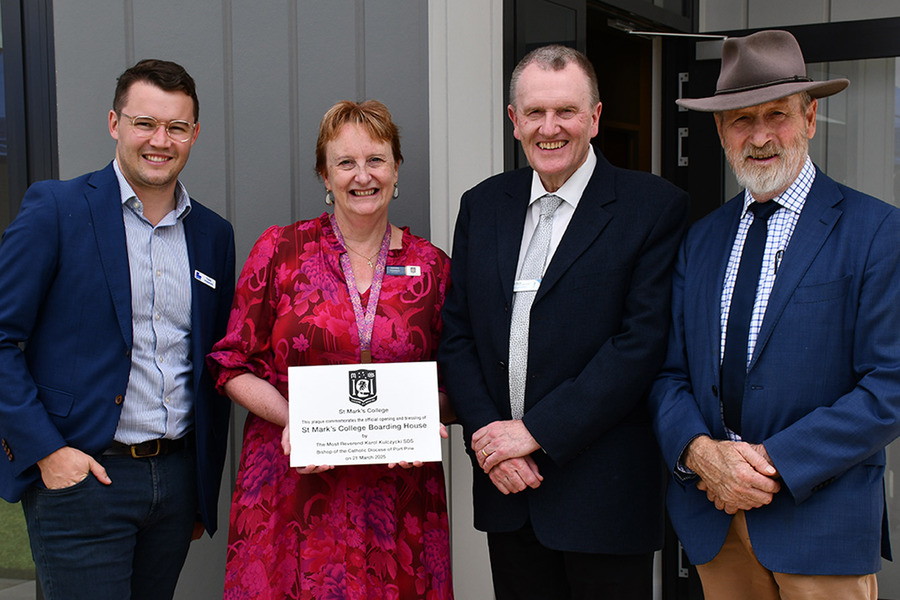
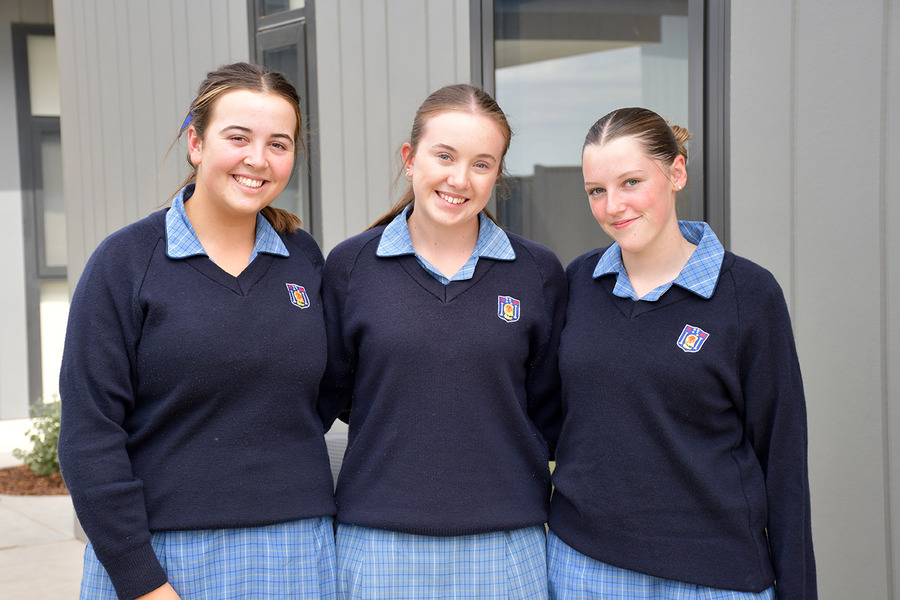
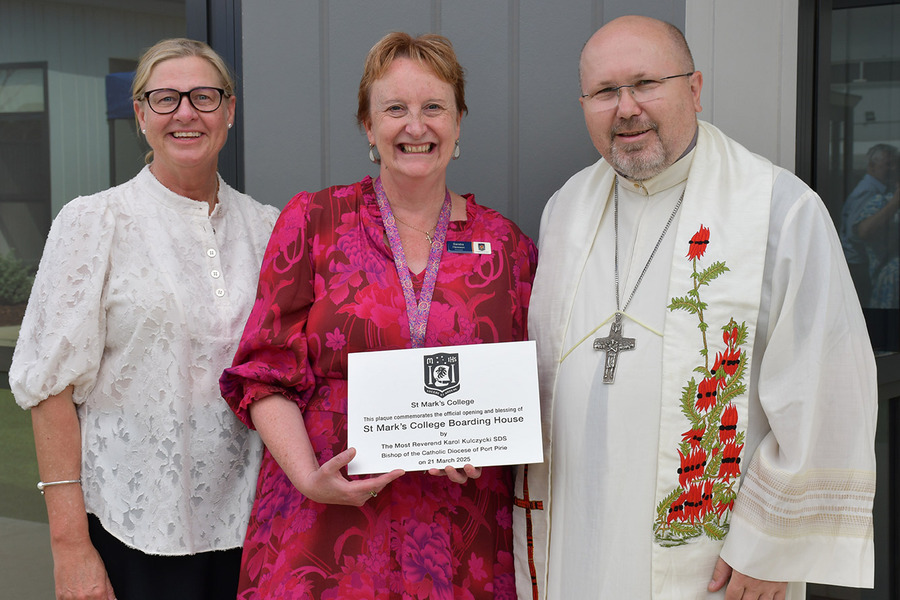
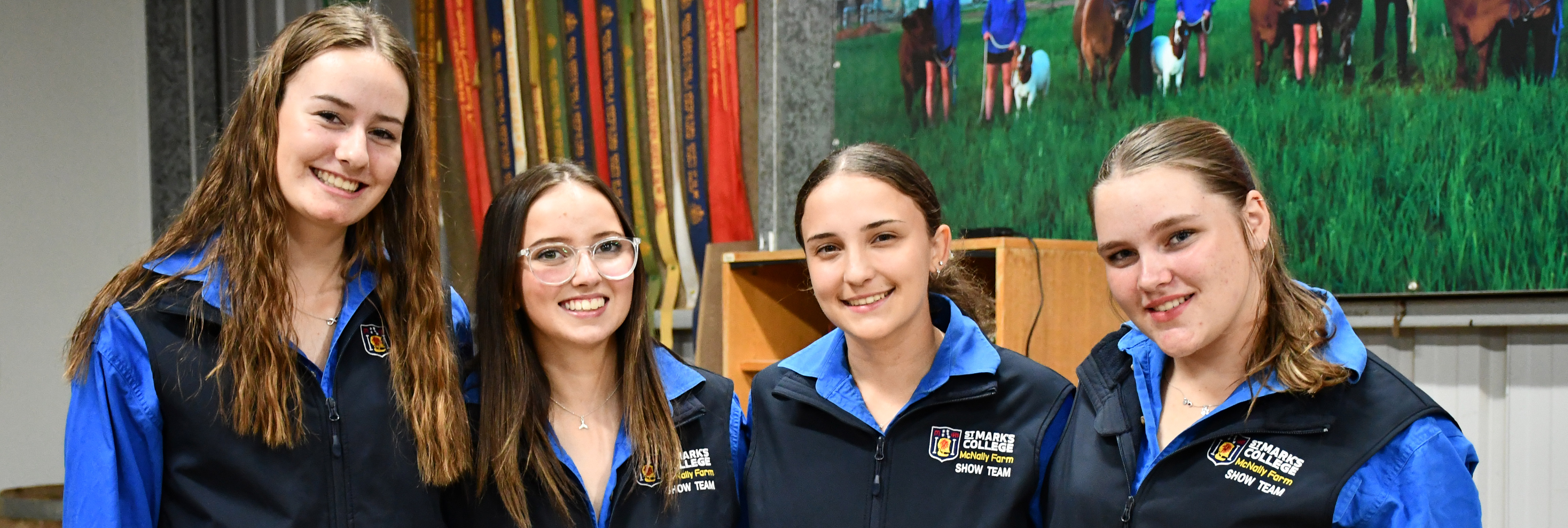


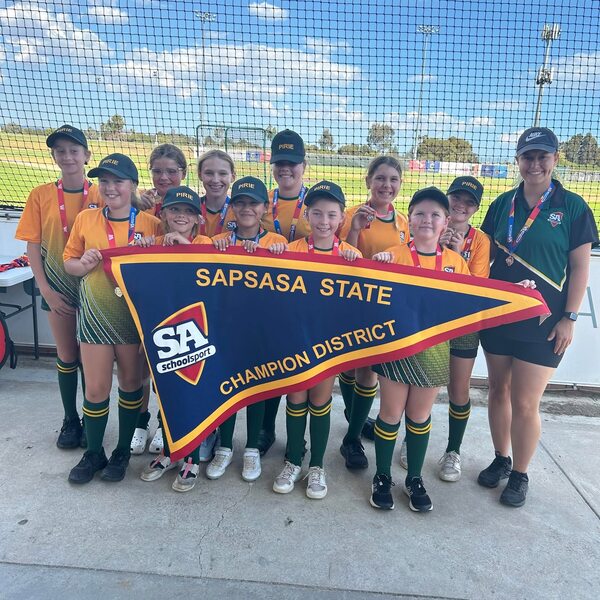

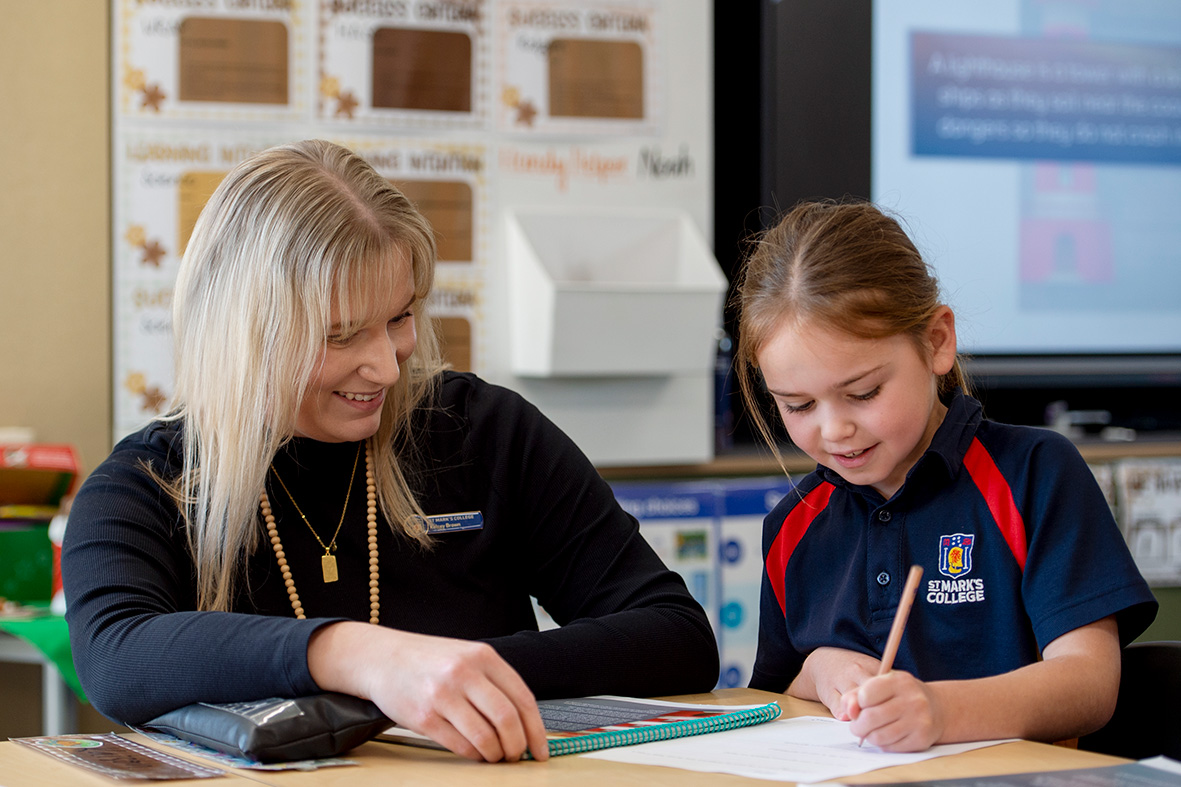

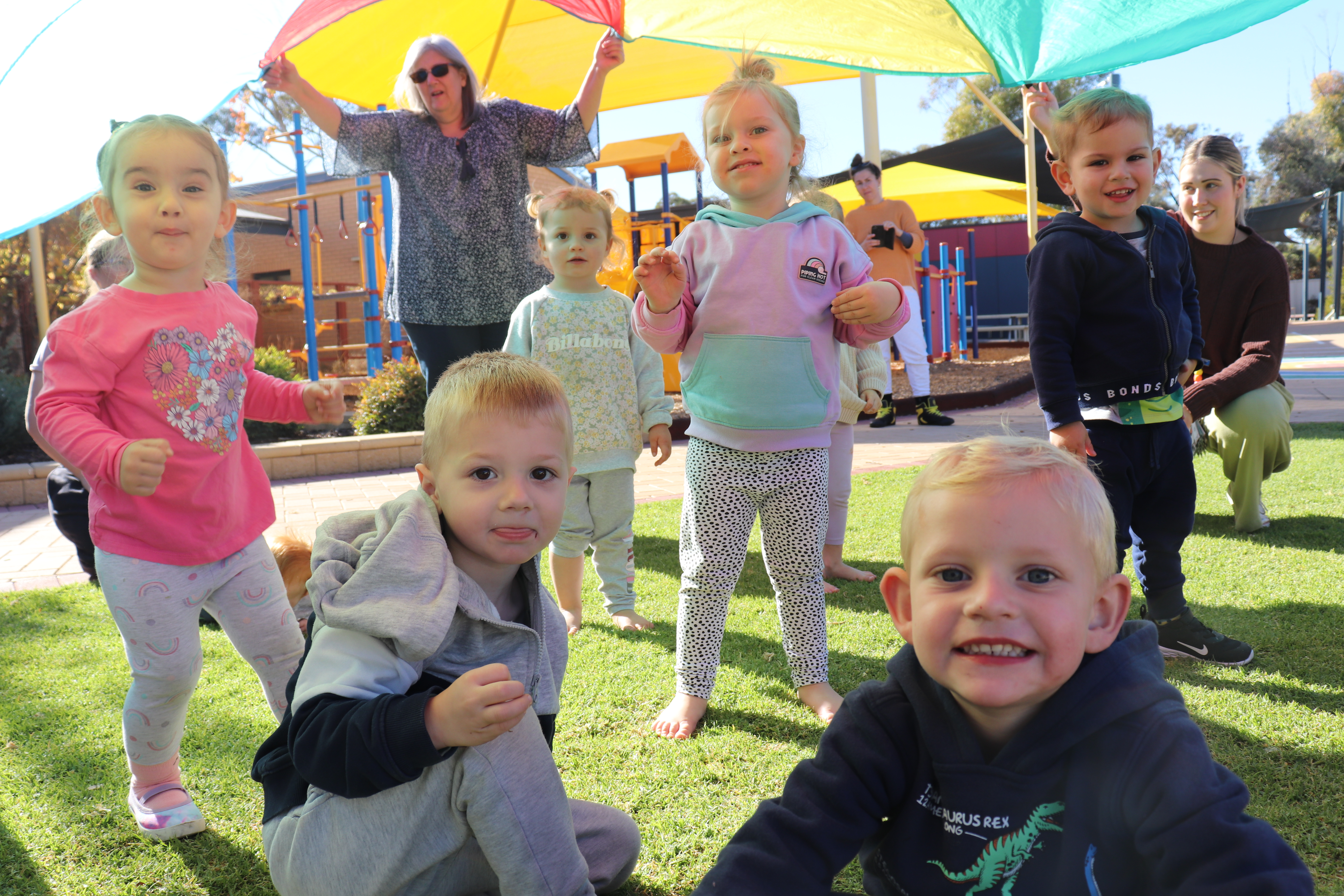
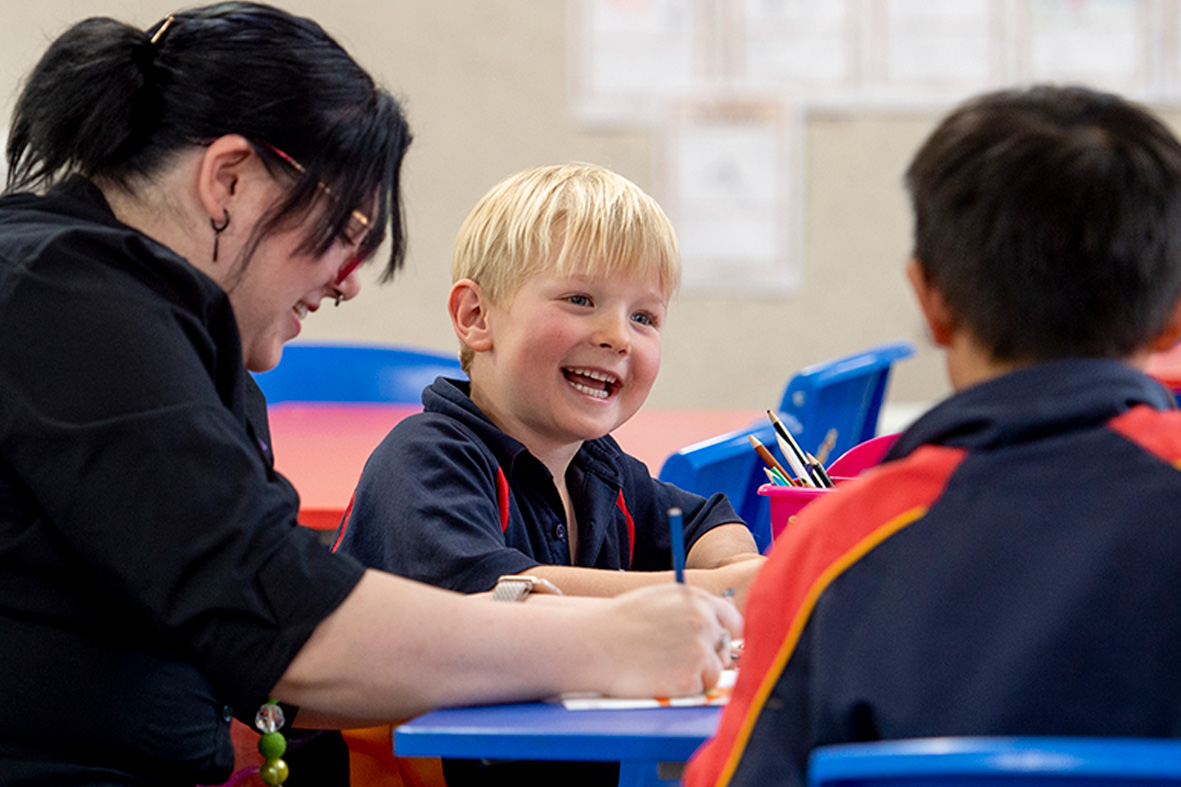
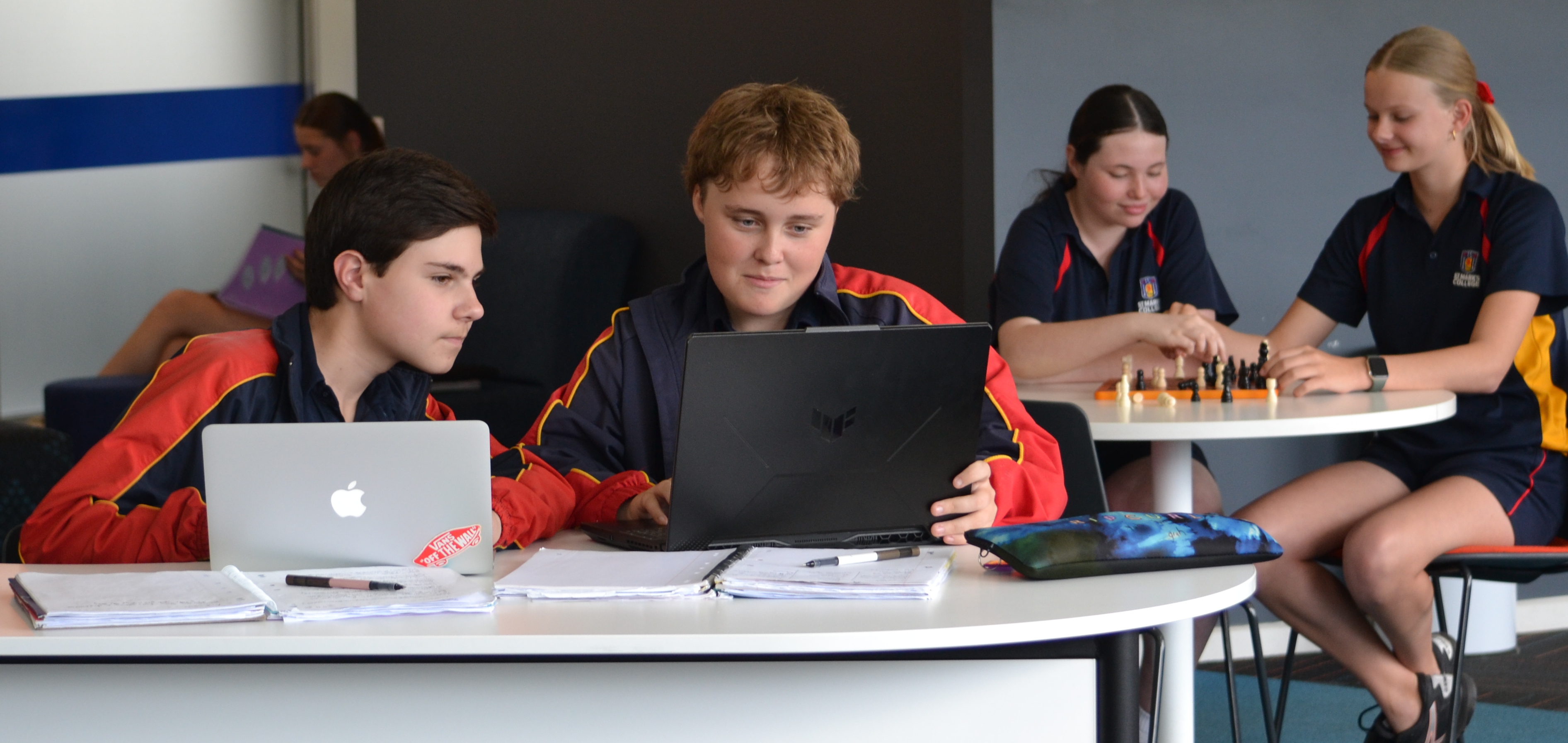
Social